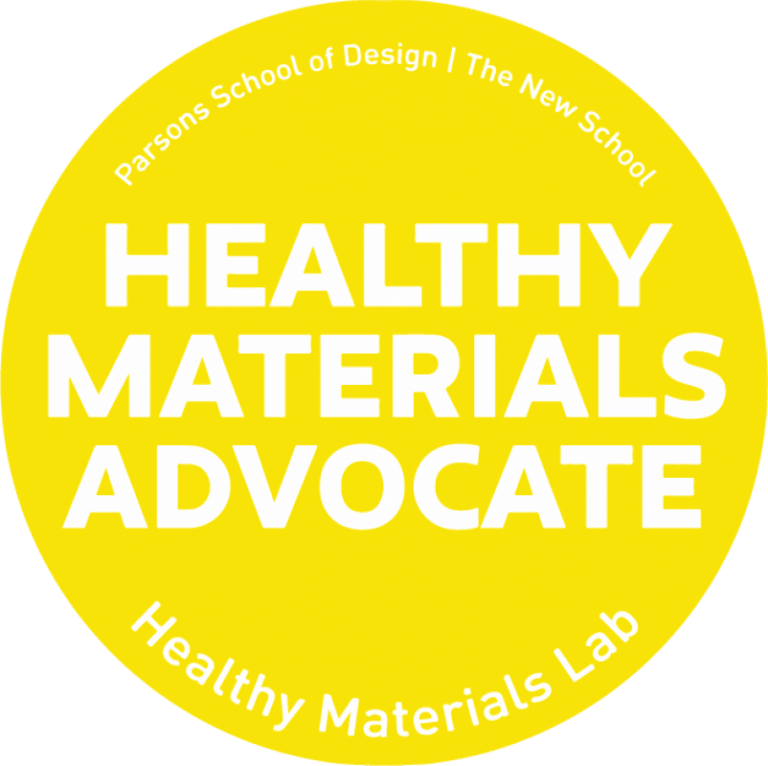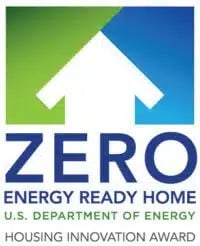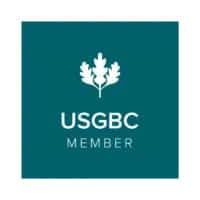
File This Post Under Good Very Good News
Sir David Attenborough, wildlife filmmaker and environmental champion, recently appeared in a video supporting a new potentially game-changing plastic recycling technology that can recycle virtually any type of plastic.
Sir Attenborough is no fan of plastic pollution. He’s said, “What’s so tragic about plastic pollution is that it is so totally unnecessary,” … “The plastic in our oceans should never have found its way there in the first place.”
The new plastic recycling technology Sir Attenborough helped publicize is from Mura Technology, a company based in the United Kingdom.
According to an article in Forbes,
Steve Mahon, Mura Technology’s CEO, said: “Our process offers a viable recycling route for materials considered ‘unrecyclable’, that would otherwise be destined for landfill, incineration and the environment. HydroPRS™ can convert all plastic types back into their constituent ingredients, for re-use in the manufacture of new plastic materials.”
According to the company:
“This innovative conversion process is efficient, with over 85% of the mass of plastic (daf) converted to hydrocarbon product.
Additionally, it can process mixed, contaminated plastics (such as from food and paper), without need for segregation, including multi-layer flexible plastics. Target feedstock is post-consumer, end of life plastics including PP, LDPE, HDPE, PP, PET and PS.”
Mura Technology claims their new process will change the face of plastic recycling because besides being able to recycle virtually all plastics including contaminated plastic into useful chemicals that can be used again, the process takes only 20-25 minutes.
Their HyrdoPRS™ process uses another technology called Cat-HTS™. Mura Technology says its process generates no toxic by-products. In addition to generating no toxic by-products and being able to quickly recycle almost all types of plastics, Mura’s process also reduces CO2 emissions normally generated when manufacturing plastic.
Mura Technology says their company is trying to make a “Plastic Neutral” society possible. They hope it will also generate what they call a circular economy relative to plastics.
What they mean by the circular economy is:
Going from this model:
Create, Consume, Dispose*
To this model:
Create, Consume, Recycle **
The Plastic Pollution Problem is Real
The world produces more than 380 million tons of plastic every year. 50% of it is for single-use purposes. And an estimated 10 million tons of plastic ends up in our oceans each year. Year after year after year. What currently can be recycled and can’t makes plastic recycling confusing and hard.
Let’s Hope This New Plastic Recycling Solution is Also Real
*Currently only a small fraction of plastic is recycled and not all plastics are even recyclable. So today’s plastic recycling is not effective in stopping plastic pollution nor do current plastic recycling processes recover so much usable end products.
**The HydroPRO™ process allows recycling of virtually all plastics and they are turned into valuable end products that can be used for many things, making the end products of this new recycling process usable for more things and so, valuable.












